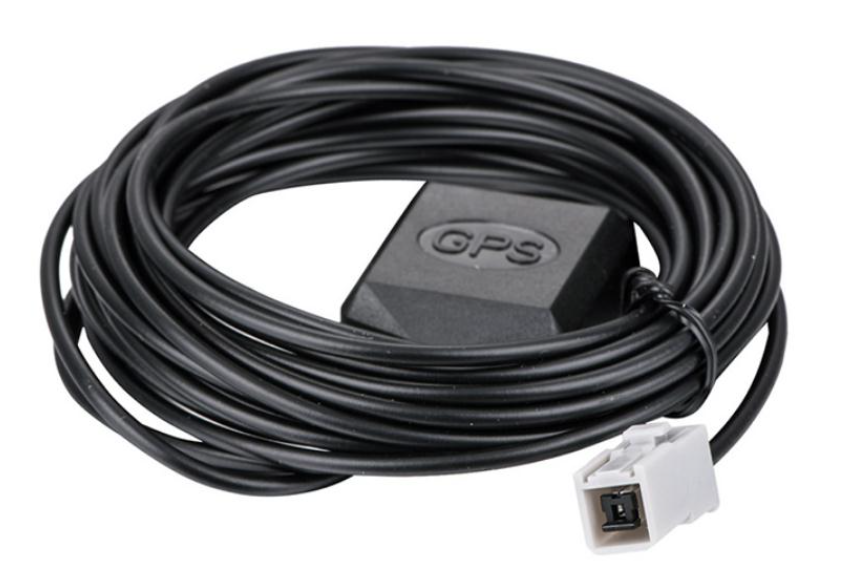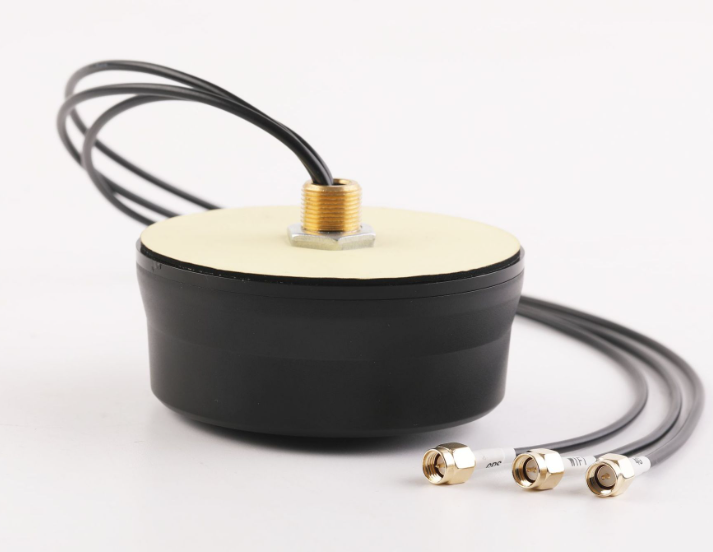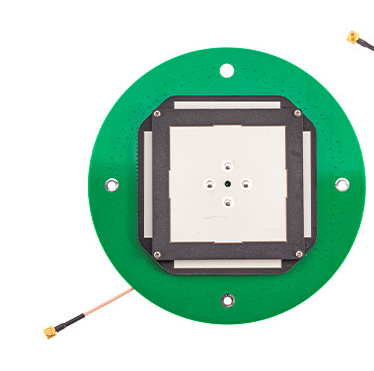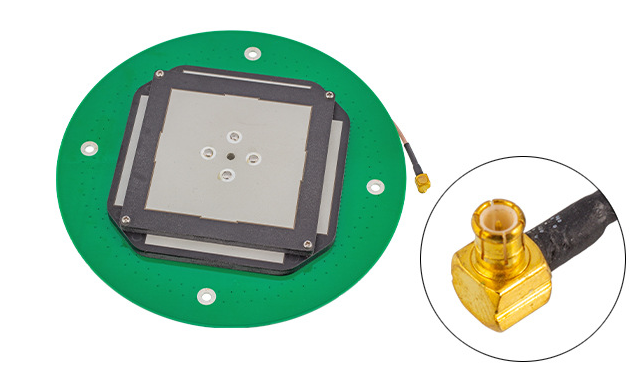Gps antenna selection
With the wide application of Global Positioning system (GPS) technology, the selection of GPS antenna, as a key component of receiving GPS signals, becomes particularly important. The performance of GPS antenna directly affects the positioning accuracy, reliability and stability. Correct selection of GPS antenna is very important to ensure the smooth progress of various applications (such as navigation, mapping, Internet of things, etc.). This paper will discuss the importance and consideration of GPS antenna selection.

The importance of GPS Antenna selection
1. Positioning accuracy: different GPS antennas have different receiving performance and sensitivity. High-quality antennas can improve positioning accuracy, which is very important for applications requiring high-precision positioning.
2. Reliability: in the harsh environment, the high-quality GPS antenna can maintain good receiving performance, ensure the continuity of positioning and improve the reliability of the system.
3. Compatibility: different GPS devices may require different types of antennas. Choosing a suitable antenna can improve the overall performance of the equipment.
4. Cost-effectiveness: reasonable selection of GPS antennas can ensure the best performance-price ratio within the budget and avoid unnecessary waste.
Considerations for the selection of GPS antennas
1. Antenna type: choose the appropriate antenna type according to the application requirements, such as spiral antenna, patch antenna, pole antenna and so on. Different types of antennas have different performance characteristics and use environment.
2. Frequency range: the frequency of the GPS signal is an important factor to be considered when selecting the antenna, which ensures that the frequency range of the selected antenna can cover the frequency of the GPS signal to ensure a good receiving performance.
3. Gain performance: the gain performance of the antenna affects its reception sensitivity. Higher gain means better reception performance, but the size and cost of the antenna should also be considered.
4. Axis ratio performance: for applications requiring high vertical positioning accuracy, axis ratio performance is an important index, and low axis ratio means better vertical polarization performance.
5. Environmental adaptability: considering the working environment of the antenna, such as temperature, humidity, air pressure, etc., select the antenna that can maintain good performance in the harsh environment.
6. Size and weight: choose the appropriate size and weight of the antenna according to the application scenarios and requirements. In some cases, the portability or installation convenience of the antenna may need to be considered.
7. Manufacturers and brands: select reputable manufacturers and brands to ensure the purchase of reliable quality and stable performance antennas.
8. Price and budget: select a suitable GPS antenna according to the budget, taking full account of performance and quality.
How to choose a suitable GPS antenna
1. Define the application requirements: determine the required antenna type, frequency range, gain performance and axis ratio performance.
2. Compare the products of different brands and manufacturers: understand the performance, quality, price and other information of each brand, and choose the products with high performance and price.
3. Refer to the practical application case: understanding the experience and evaluation of other users is helpful to better select the suitable antenna.
4. Testing and evaluation: actual testing or evaluation is carried out before purchase to ensure that the performance of the selected antenna meets the requirements.
The correct selection of GPS antennas is very important to ensure the positioning accuracy, reliability and stability of various applications. In the selection process, it is necessary to comprehensively consider the antenna type, frequency range, gain performance, axis ratio performance, environmental adaptability, size and weight, manufacturer and brand, as well as budget, by defining application requirements, comparing different products, referring to practical application cases, and testing and evaluation. Suitable GPS antennas can be selected to provide reliable positioning support for various applications.





